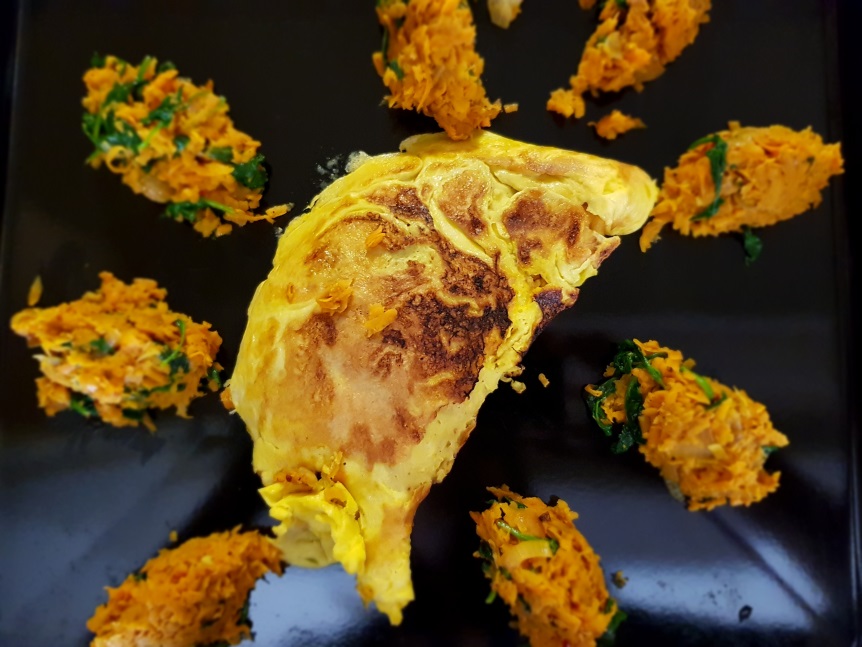The Scientific Advisory Committee on Nutrition (SACN) recently examined the relationship between dietary carbohydrates and health. The review found that an increased consumption of sugar is linked with tooth decay, higher energy intakes, type 2 diabetes; and consumption of high sugary drinks is associated with increased weight gain in teenagers and children. As a result of these findings SACN recommends that we consume no more than 5% of free sugars from our total daily dietary intake.
What are free sugars?
Free sugars are those added to food including those naturally present in honey, syrups and unsweetened fruit juices. Sugar found naturally in milk, fruit and vegetables does not count as free sugars.
How much free sugar can we consume per day?
Seven sugar cubes 30g per day for those aged 11 onwards.
Six sugar cubes 24g per day for children aged 7-10
Five sugar cubes 19g per day for children aged 4-6
Hidden sources of sugar
Free sugars are also found in foods such as biscuits, sweets, cakes, chocolate, some fizzy and juice drinks. These are the sugary foods/drinks we should cut down on.
Useful tips on how to cut back on sugar
- Drink water instead of fizzy drinks and cordial drinks
- Reduce the amount of sugar you have in your tea or coffee
- Try herbal teas
- Read the ingredients on products and look out for hidden sugars such as syrups
- Try plain oat or wheat based cereals
- Opt for no added sugar drinks
- Remember only 150ml glass of fruit juice counts as one of your 5 a day
- Include fresh fruit into your diet and try adding it on cereals for natural sweetness
- Try plain yoghurt with fresh fruit instead of fruit yoghurt which can contain free sugars
- Read food labels- opt for anything which is 5g per 100g or below of carbohydrates of which sugars.
- If you have jam, chocolate spread or honey on toast, apply a thin spread or swap it for peanut butter, cheese or eggs on toast
- Try oatcakes, bread sticks with a dip or raw fruit and vegetables as a healthy snack instead of a sugary snack
For further information about sugar and healthy recipes take a browse of the websites below:
How does sugar in our diet affect our health?
Do you want to know how much sugar, salt and saturated fats are in your foods?
If not then download the Change4Life Food Scanner app from our Eating page. The Change4Life Food Scanner app is designed to quickly and easily show how much sugar, sat fat and salt is in your food and drink – just by scanning the barcode using your smartphone!
Healthy recipe – Sweet potato and spinach omelette
Ingredients:
8 eggs
600g sweet potato peeled and cut into 2cm cubes
40g baby spinach
2 tbsp rapeseed oil
Seasoning:
Black pepper
Paprika
Fresh coriander (optional)
Method:
Preheat oven to 200°C or 180°C fan. Line a baking tray with baking paper. Place sweet potato on prepared tray and drizzle with one tbsp of rapeseed oil. Bake for 20–25 minutes or until golden. Transfer to a large bowl and set aside to cool slightly. Add spinach and coriander, season and toss gently to combine.
Meanwhile, whisk eggs in a medium bowl until combined. Season with pepper. Add one tbsp of rapeseed oil to the non-stick frying pan and heat over medium heat. Add one-quarter of the egg mixture and cook for 10 seconds. Using a spatula, draw edges of omelette into centre, allowing uncooked mixture to run underneath. Repeat until egg mixture is nearly set. Transfer to a plate and cover to keep warm. Repeat with remaining egg mixture to make 3 more omelettes. Spoon one-quarter of the sweet potato mixture onto half of each omelette. Fold to enclose filling. Serve.
Support from a health advisor
If you would like to talk to a health advisor about setting goals to eat more healthily you can call us on 020 8973 3545 e-mail us at oneyou.merton@nhs.net or register on our website.
Blog written by Gopika Papiah and Farhanda Shah
HRCH Nutritionists
View posts by category:
